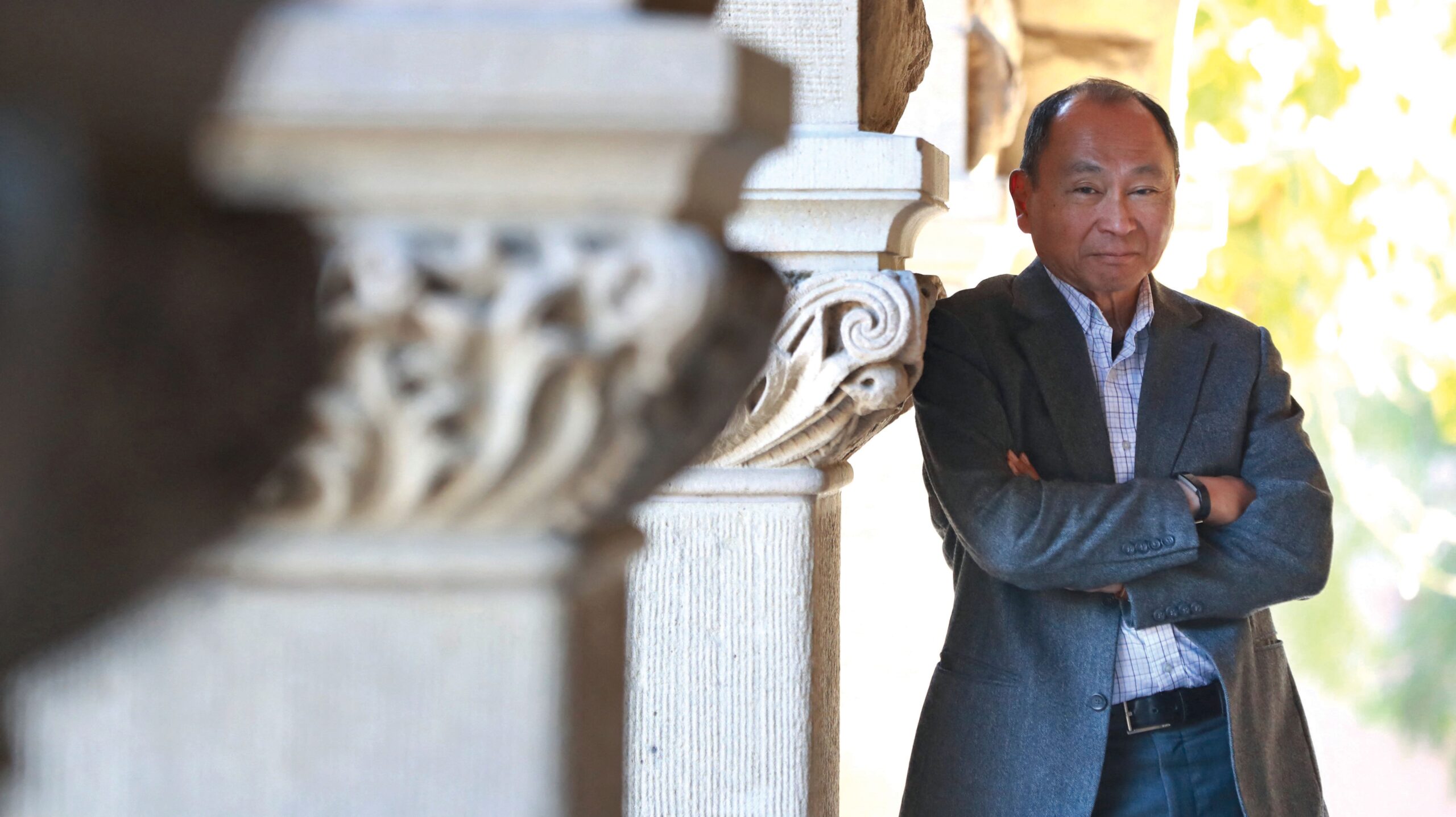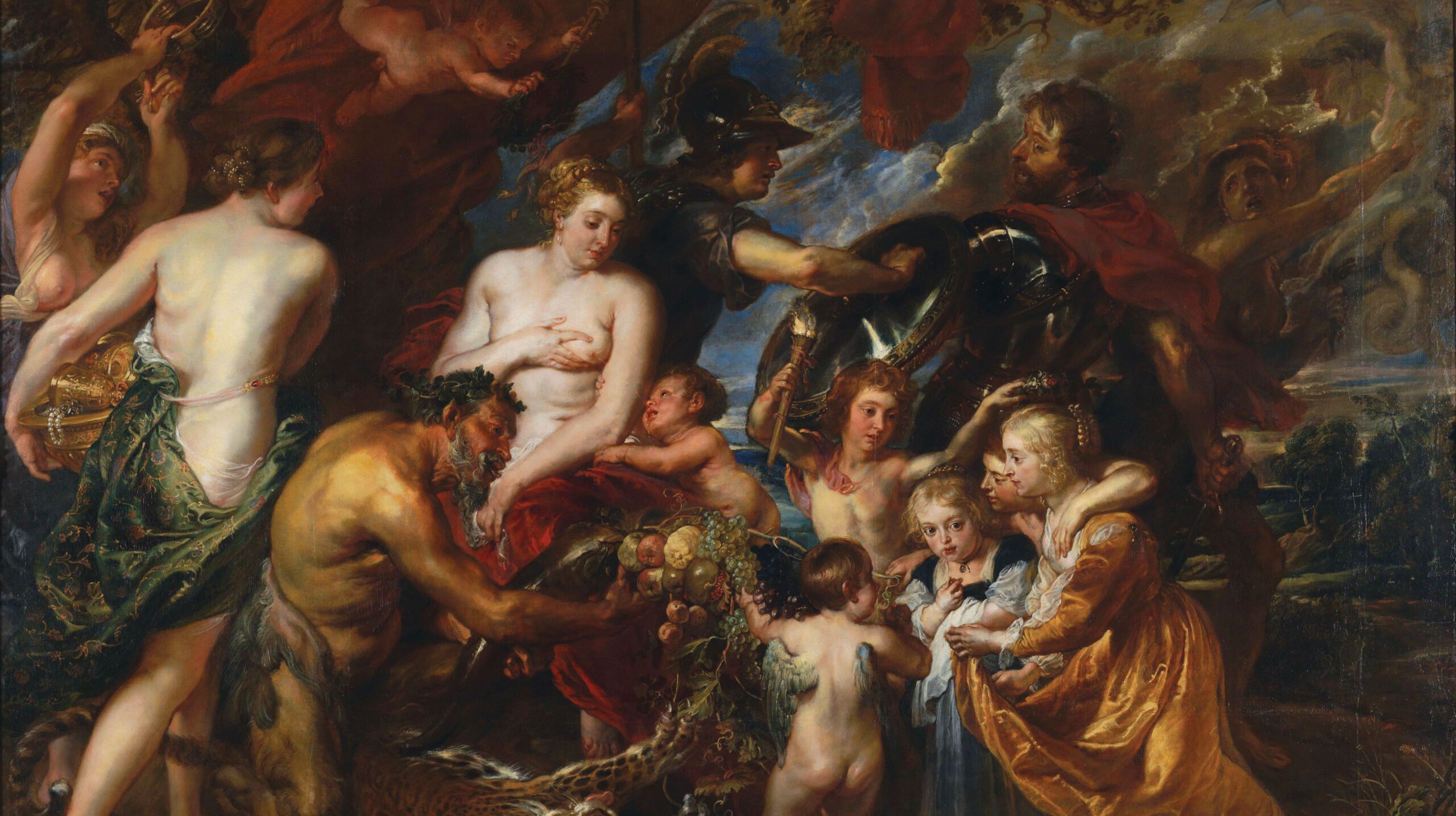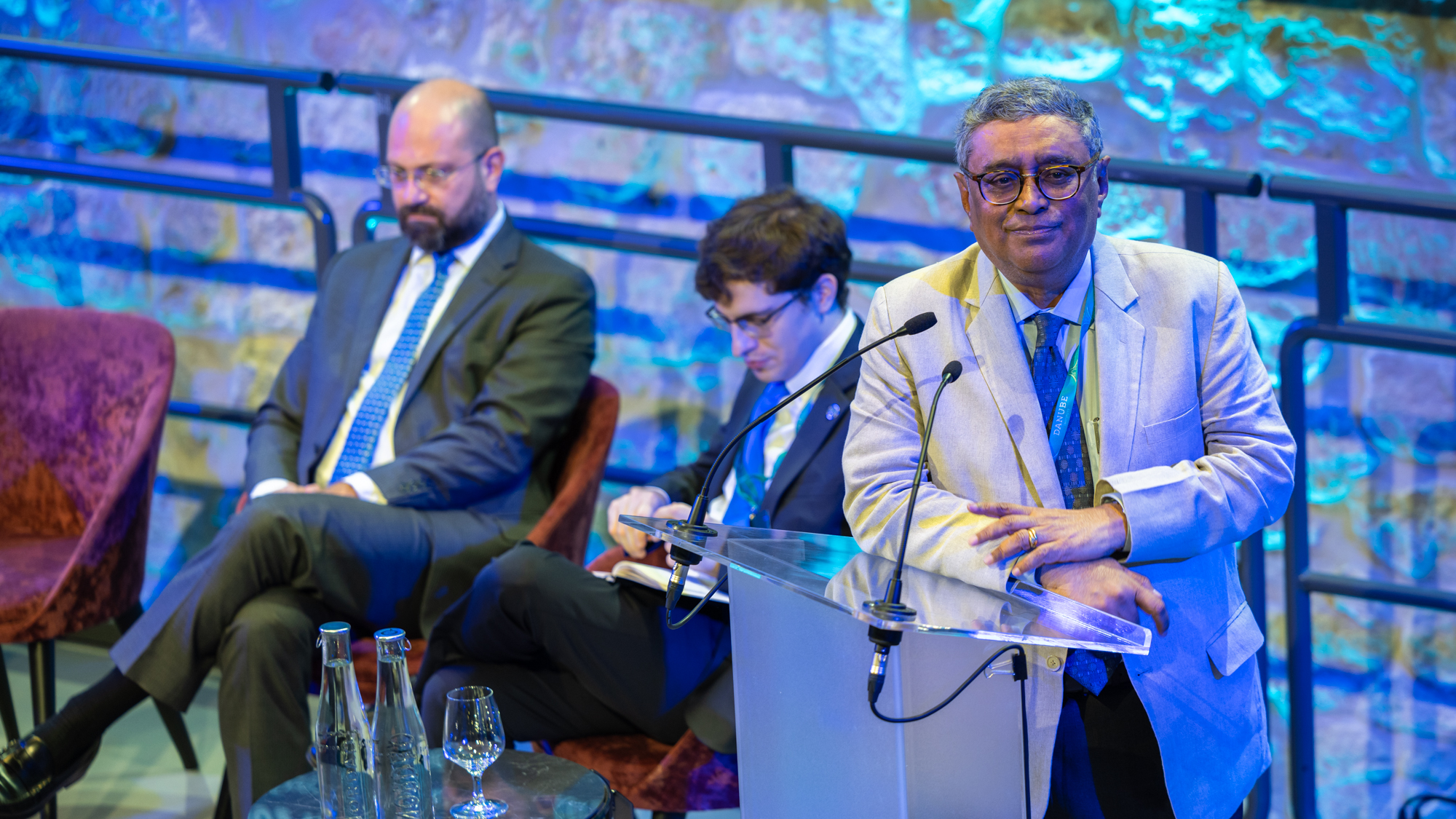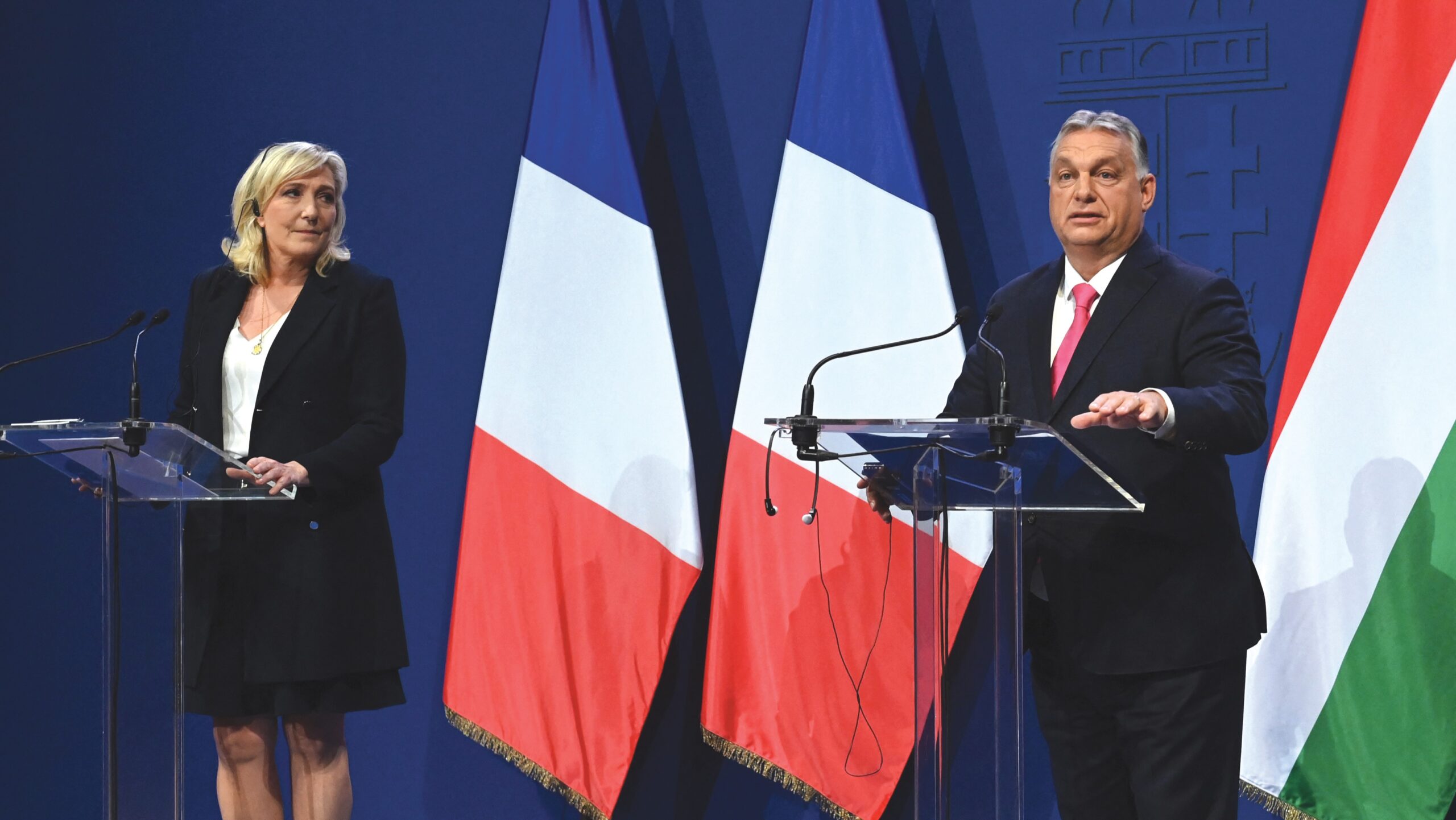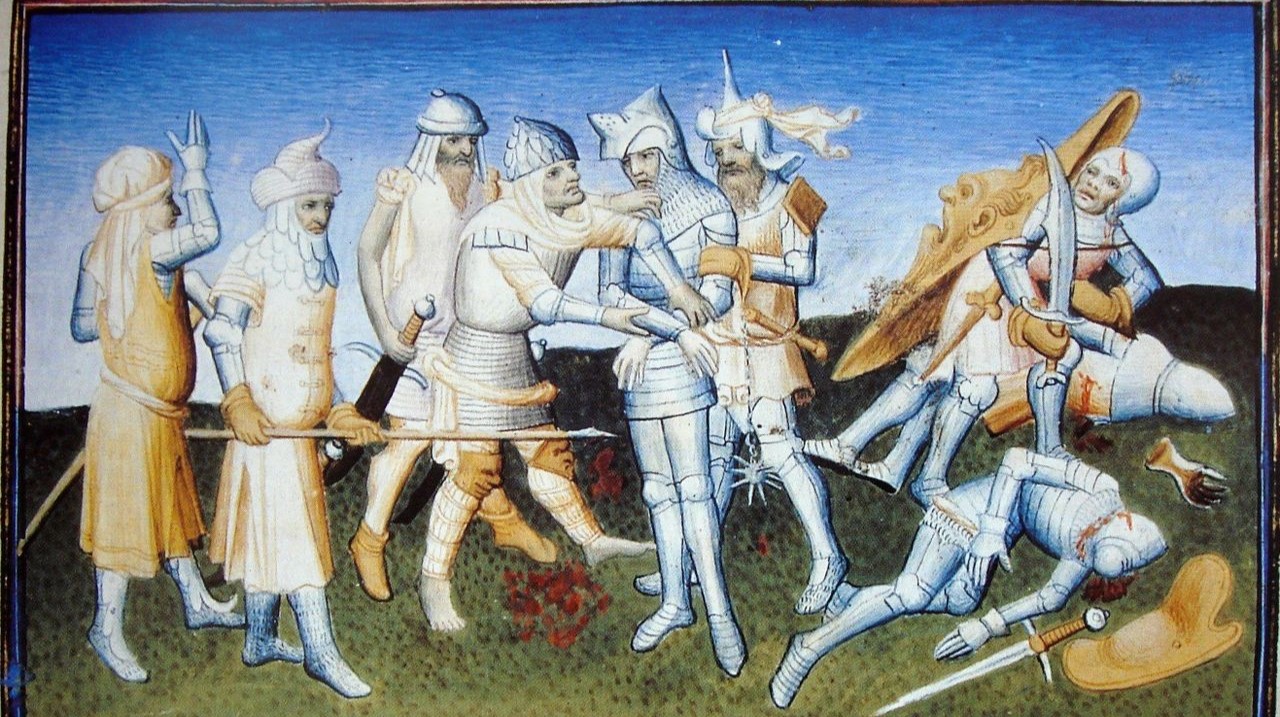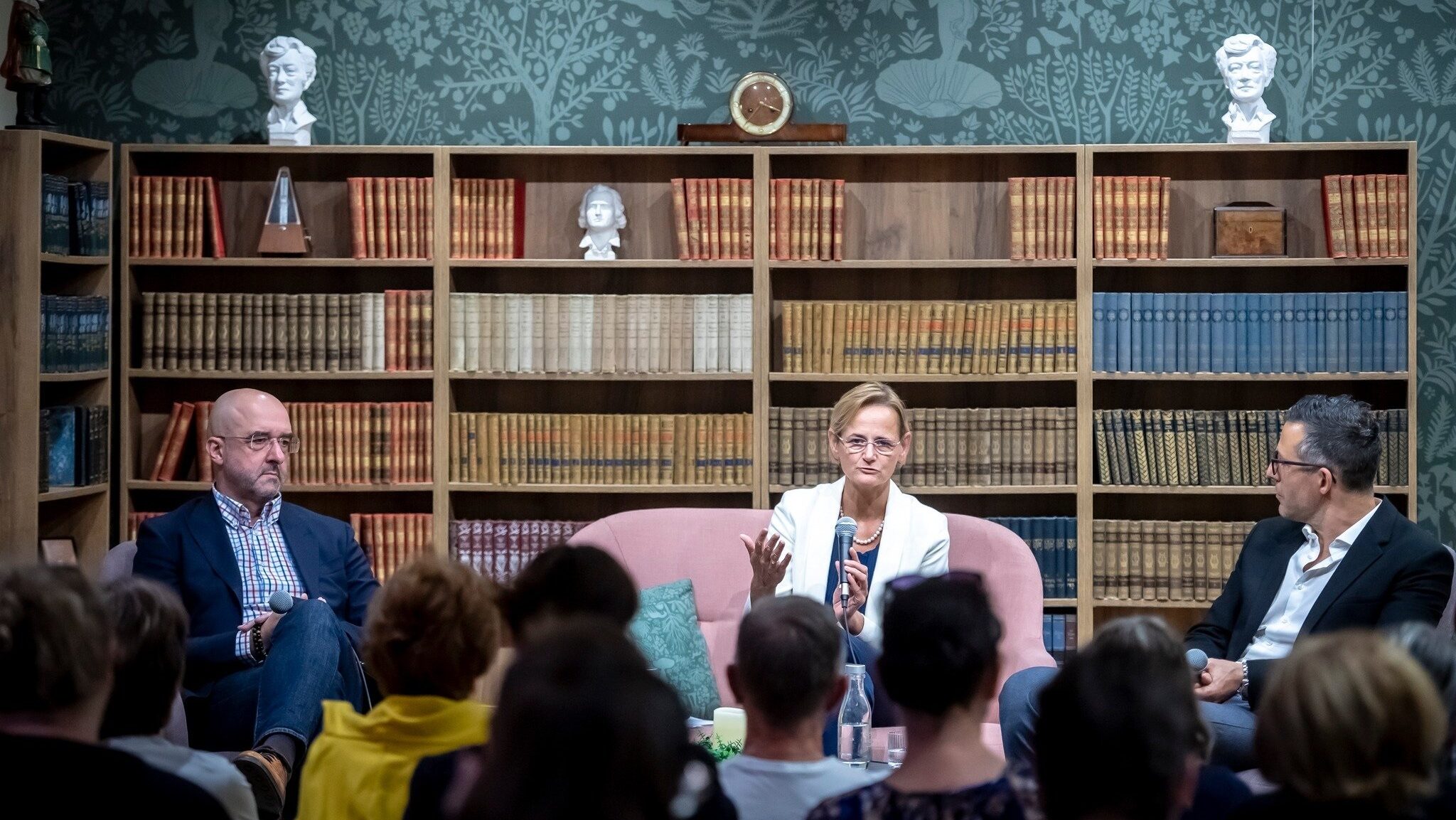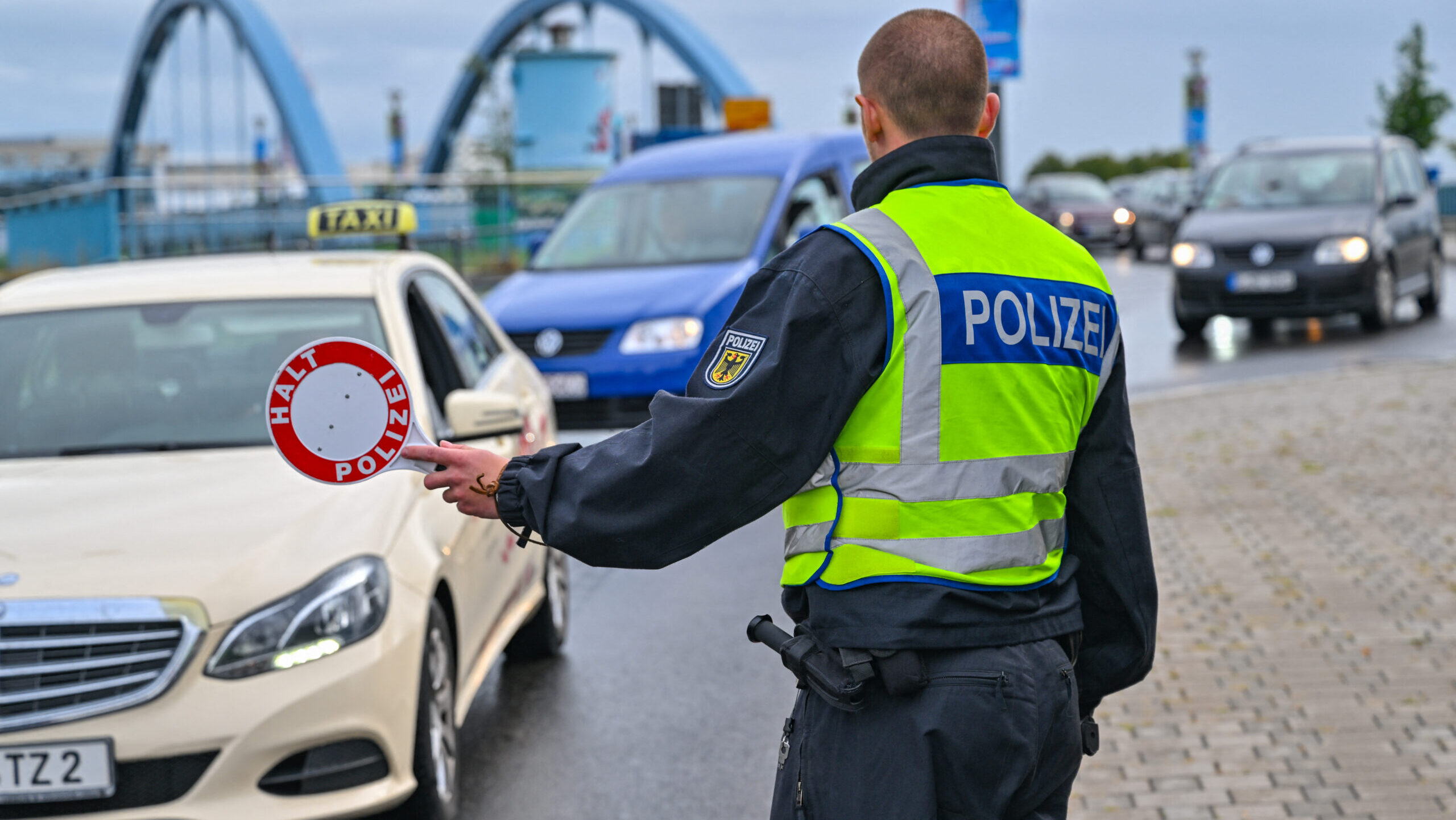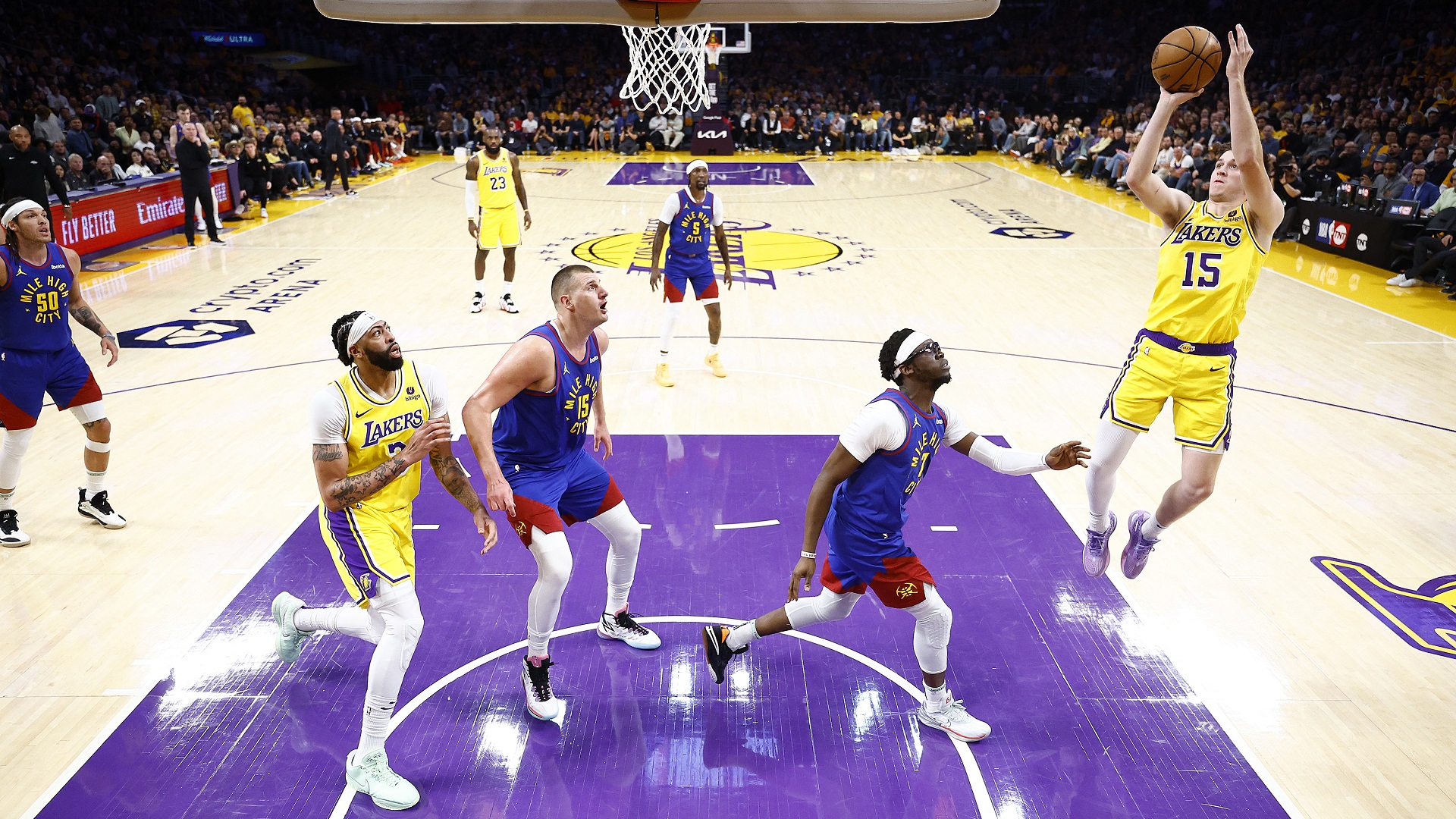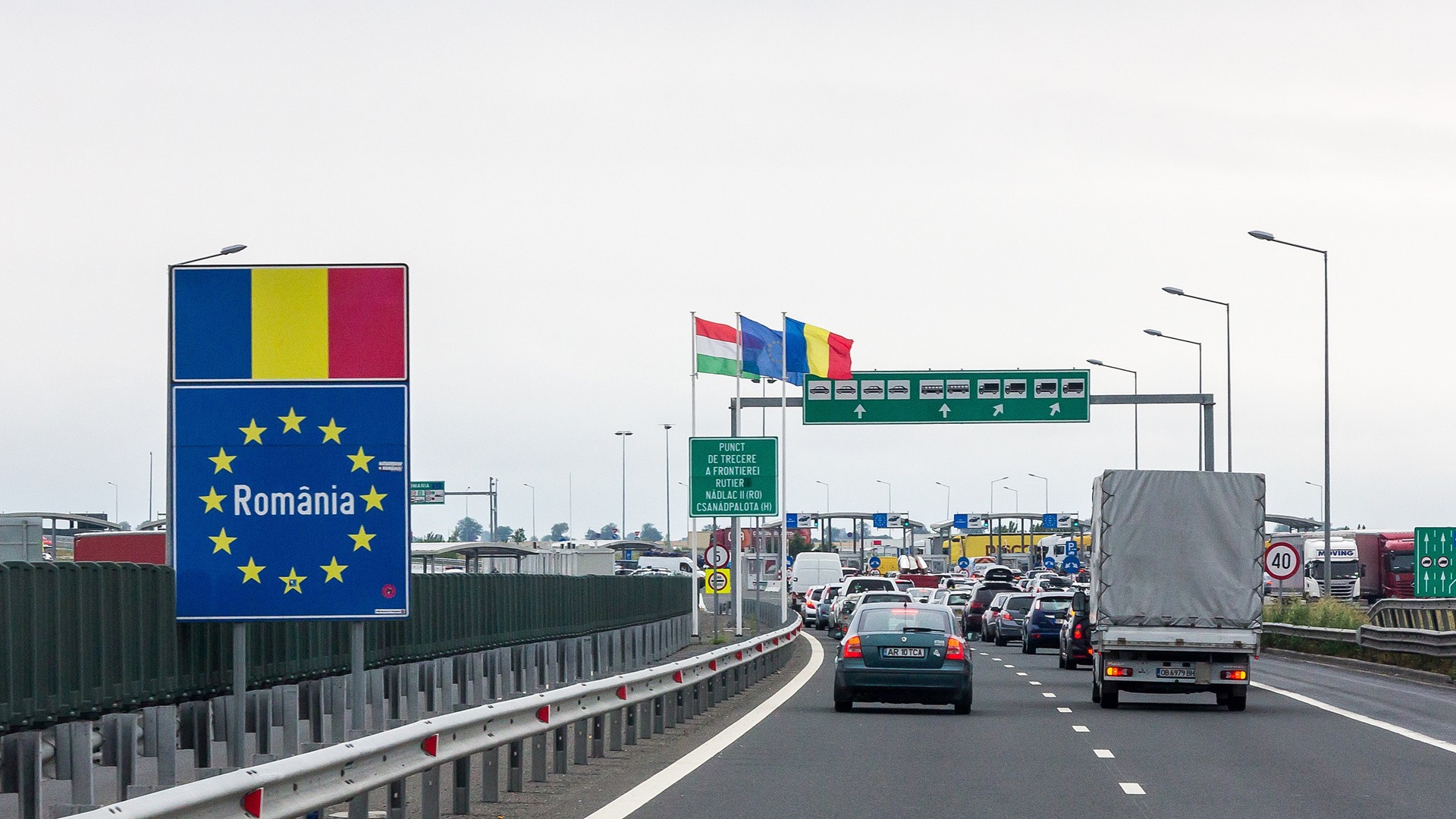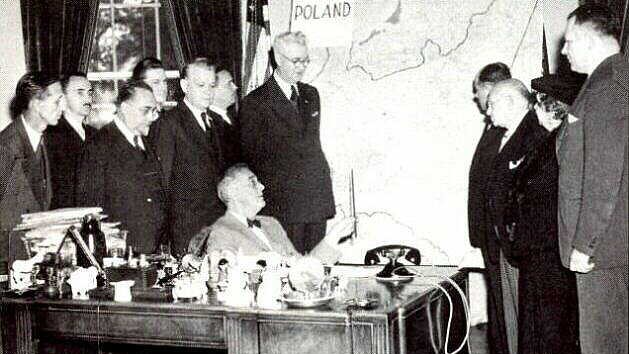
Is There Really a Polish American Vote?
‘For those whose hearts beat on both sides of the Atlantic, the more productive consideration is what this election signifies for U.S.–Poland relations. Poland, like the United States, is bitterly divided between cosmopolitan urban areas and more conservative and religious exurbs and rural areas. After eight years of single-party Law & Justice rule, Polish conservatives are momentarily weak and banking heavily on a second Trump administration.’

